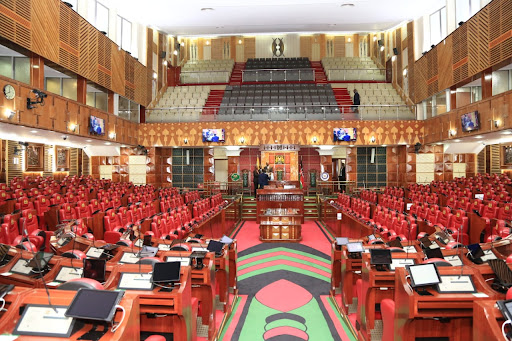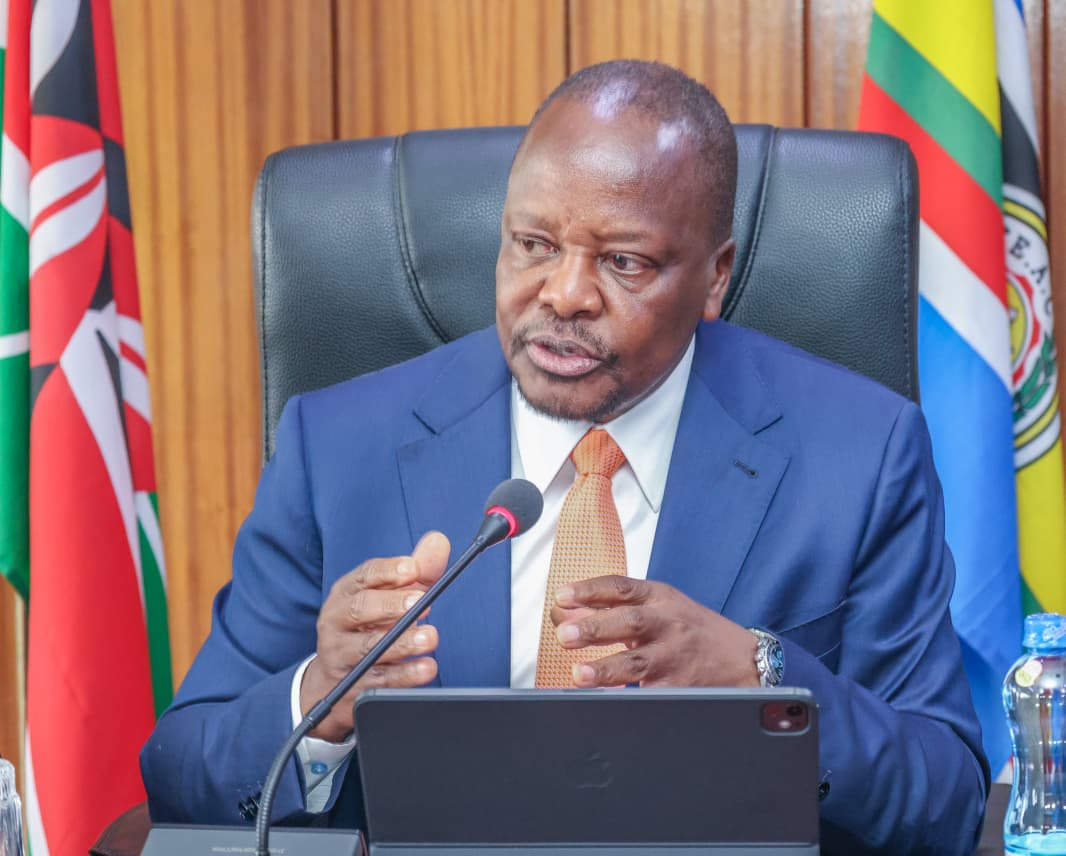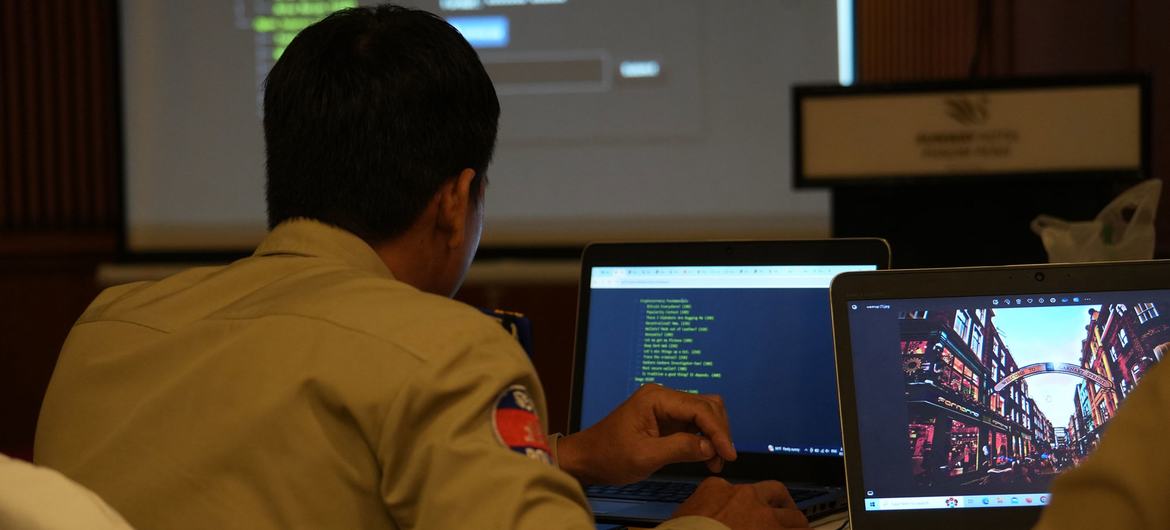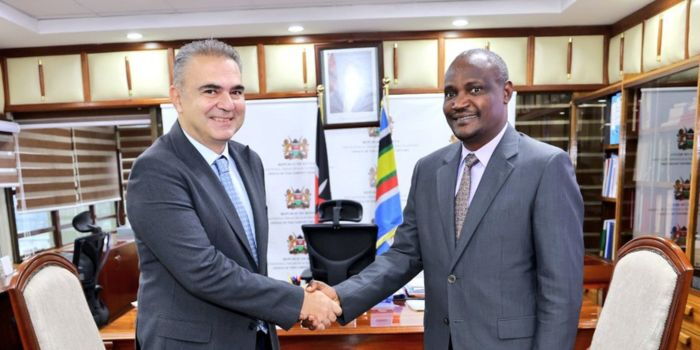High court faults Parliament for excluding nominated senators from oversight fund

The High Court has restrained the Parliamentary Service Commission (PSC) from disbursing any financial allocations to the Senate Oversight Fund until a petition filed by nominated senators over the fund is heard and determined.
The senators, who claimed to have been discriminated against, sued the PSC after they were excluded from the funds based on a lack of electoral jurisdiction to supervise, hence blocking them from accessing the money.
More To Read
- PSC warns civil servants to steer clear of politics ahead of by-elections
- Committee uncovers neglect, poor management in MPs’ constituency offices
- Senate upholds separation of powers, encourages stronger county oversight
- Court orders equal pay for UHC nurses amid absorption plan
- 20 candidates to be interviewed for political parties registrar roles
- PSC initiates review to enhance public service delivery, fight corruption
Justice Lawrence Mugambi concurred with the nominated senators and stated that the decision by the PSC to exclude them from the Senate Oversight Fund is unconstitutional, null, and void.
Mugambi said the differentiation between elected and nominated senators violates Article 27 of the Constitution, which guards against discrimination.
He said he finds no fault in the introduction to facilitate senators carrying out a parliamentary function falling within the scope of the Parliament's responsibilities.
The petition arises from funds allocated for Senate Representation Programmes and was subsequently christened the Senate Oversight Function Fund, with the mode of utilisation being sharing it out to the elected senators only.
However, Mugambi said the manner of operationalisation (of facilitation funds) raises serious constitutional questions, among them the exclusion of nominated senators who represent special interests from being facilitated to undertake a constitutional function.
"This exclusion of the nominated senators offends the principle of inclusivity under Article 10(2)(b) of the constitution, and for the lack of a properly defined scheme spelling out the activities that this money can be applied to, the extent, and the nature of oversight," he stated.
"The implementation is thus wanting on grounds of violating the inclusivity principle under the constitution and for the failure to espouse the principles of openness and accountability in public finances."
Nominated senators who filed the petition include Raphael Chimaera Mwinzangu, Catherine Mumma and Tabitha Mutinda. Others are Haminda Kibwana and Miraj Abdalla.
The senators want to ensure inclusivity, openness, and accountability in the implementation process, and they successfully obtained orders directing the PSC to immediately stop any further disbursements in respect of the funds.
This is to force the PSC to formulate and publish regulations outlining the activities the money will be spent on and ensuring all senators—elected and nominated—are included.
According to the petitioners, this exercise must be subjected to public participation in a policy that defines distribution criteria and sets out an accountability process, including general control and management, to facilitate prudent utilisation of the funds.
They argued that the operationalisation of the kitty is not structured or defined. They further added that there are no rules or regulations put in place to define the scope of activities to which the said money can be applied or a defined accountability mechanism to govern its utilisation.
Mugambi said the implementation of the fund was haphazard and that explains why some of the senators were in fact excluded.
"Given the unique nature of operations and being a new concept, the exact nature of activities to which the money could be applied ought to have been circumscribed in the regulations," stated the judge.
"Clearly therefore, though there may be nothing wrong with the PSC securing funds to facilitate constitutional functions of Parliamentary service, the PSC is duty-bound by the principles of openness and accountability envisaged in Article 201(a) of the Constitution in the utilisation of the said funds."
The Parliament had argued that it merely performed its function under the Constitution and invoked the doctrine of separation of powers, maintaining that the court must refrain from interfering with the mandate and business of the Parliament.
But Mungambi said that under the principle of separation of powers, this is the case only to the extent that the organ operates within the confines of the Constitution.
"Where a constitutional organ gets off-track, it becomes the constitutional duty of the court to remind and get it back on track," the judge said.
Top Stories Today











































